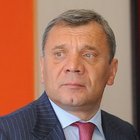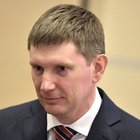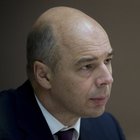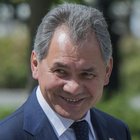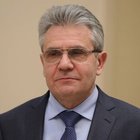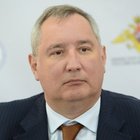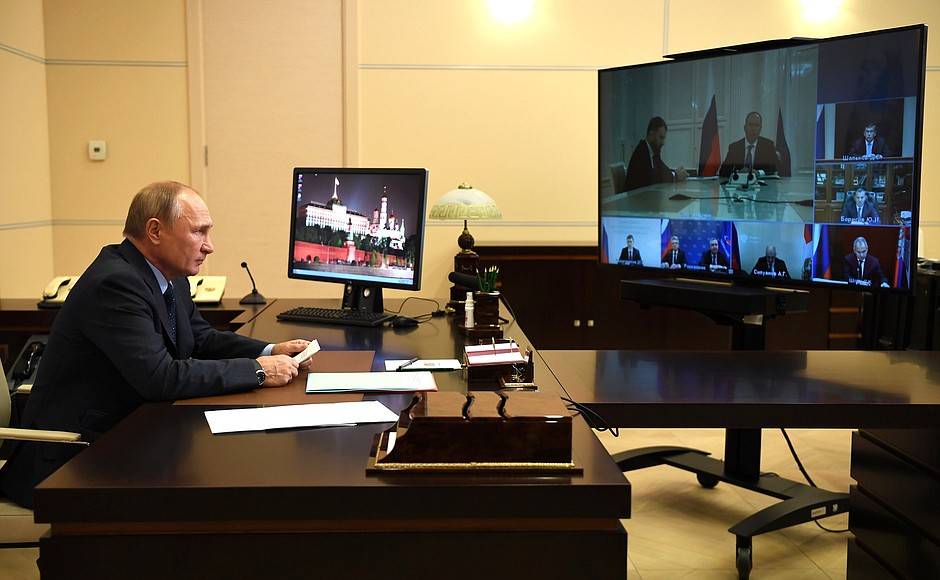
Taking part in the meeting were Chief of Staff of the Presidential Executive Office Anton Vaino, Deputy Prime Minister Yury Borisov, Aide to the President Maxim Oreshkin, Aide to the President – Head of the Presidential Control Directorate Dmitry Shalkov, Economic Development Minister Maxim Reshetnikov, Finance Minister Anton Siluanov, Defence Minister Sergei Shoigu, President of the Russian Academy of Sciences Alexander Sergeyev and General Director of the Roscosmos State Corporation for Space Activities Dmitry Rogozin.
* * *
President of Russia Vladimir Putin: Good afternoon, colleagues, greetings.
We regularly discuss strategic and current goals in the sphere of space exploration. This is understandable, considering the exceptional importance of this work for ensuring our national interests.
As agreed, today we will focus on the practical aspects of financing the development of the rocket and space sector and several key space exploration programmes.
In this sphere, we must proceed from our priorities, of which you are all well aware. These are improving the national space infrastructure, building up the number and quality of the orbital satellite group, working consistently to carry on the programme of manned flights, creating a forward-looking range of launch vehicles as well as increasing the share if innovative space equipment, products and services.
I would like to reiterate that the attainment of these strategic goals is extremely important for the country, for the efficient development of the national economy, and for enhancing national security and maintaining Russia’s leading positions on the global space market, where competition has been growing rapidly, as you are all well aware.
In this context, Roscosmos has been instructed to prepare several new programmes, including those aimed at creating a super-heavy space launcher and a satellite cluster within the framework of the Sfera project, as well as the further development of the GLONASS system.
However, I can see from the submitted material that these programmes have not yet been approved. I would like you to report on the reasons for the delay today and when these programmes will actually be finalised.
I would like to point out that this must be done as soon as possible and that the budgetary funds needed for these programmes must be determined very quickly.
At the same time, we need to coordinate a position regarding the financing of the Federal Space Programme for 2016–2025. A considerable number of important projects, including manned flights, are being implemented within its framework.
I would like to emphasise the following. Of course, the implementation of these programmes, the manufacturing of novel space products and the construction of ground-based infrastructure calls for substantial investment. The sector needs these funds, this is clear.
However, we must adjust these requirements to the real capabilities of the federal budget. You and I know this very well, and we have had these situations before. We must also take into account the fact that huge allocations have been approved to support the economy as a whole, the healthcare system, and our people and businesses amid the difficult conditions of the pandemic.
Therefore, it is extremely important to get our priorities straight when it comes to financing space programmes. We must take an objective look at the available research, technological and production capabilities of the sector’s institutions and enterprises so that we channel funds into projects that should be implemented as a priority and can produce the best results. Of course, we must do our utmost so that these projects produce tangible results in the near or medium term to the economy as a whole, to our industries, including through broader provision of such in-demand services as navigation, communications, television broadcasting and remote sensing of the Earth. We need all of this here and now, as it were.
I would like to add that in order to achieve the goals set to the Russian rocket and space sector we should use the instruments of public-private partnership more energetically and also attract extra-budgetary funds whenever possible. This must be done very carefully, of course. We know how to deal with loans. But we must look for such opportunities and additional resources anyway, because they will reduce the sector’s dependence on budgetary funds, give a strong impetus to its development and will allow it to more flexibly and effectively address the goals set to it, including the marketing of new commercially attractive products and services.
Now, I would like the General Director of Roscosmos to present his proposals. Mr Rogozin, you have the floor.
<…>

